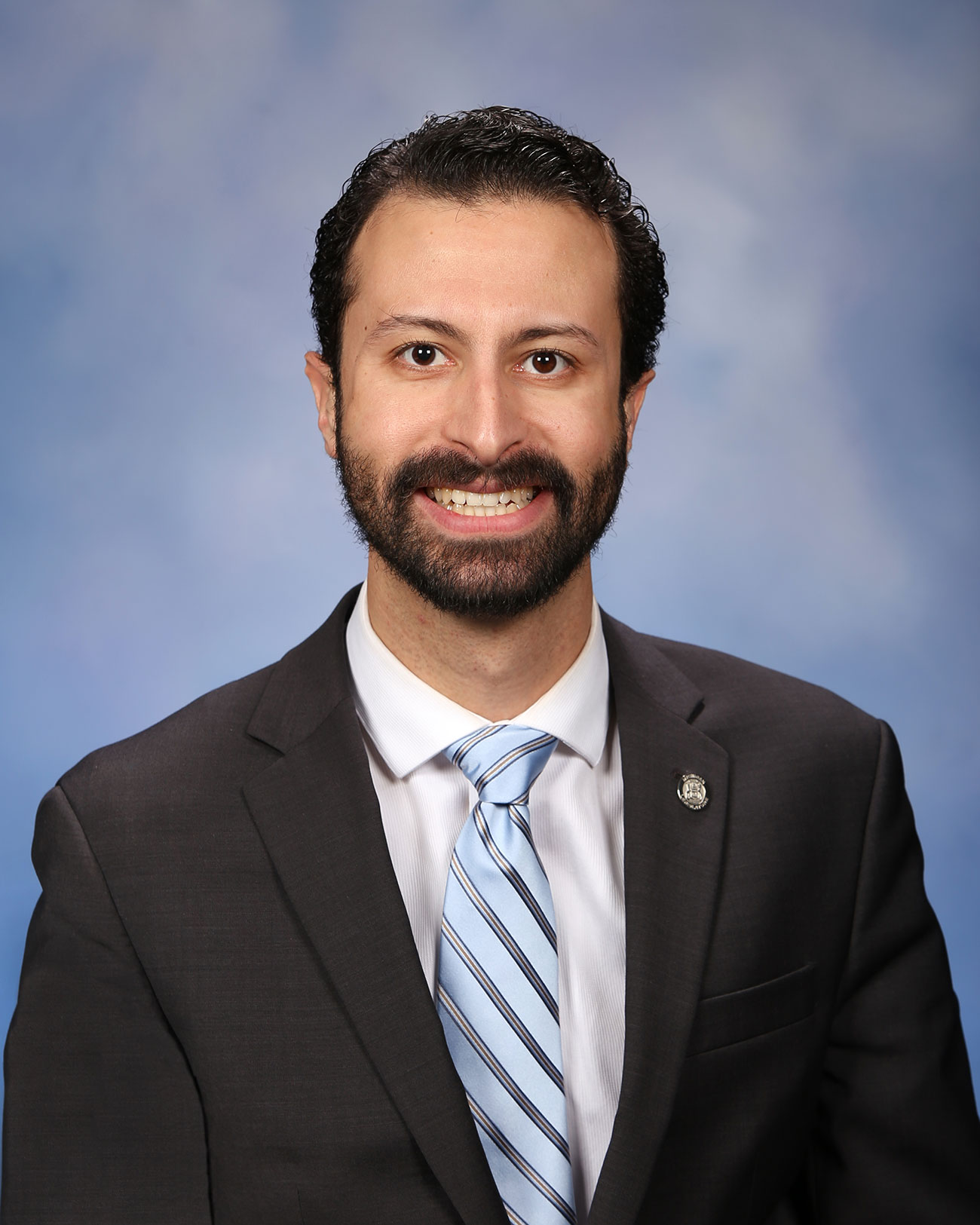LANSING — State Rep. Yousef Rabhi (D-Ann Arbor) and State Sen. Stephanie Chang (D-Detroit) announced bills today that would require all of Michigan utilities’ energy generation to be renewable by 2050. House Bill 5420 and its Senate counterpart would use the Renewable Portfolio Standard to require utilities to gradually increase renewable generation and storage in order to eliminate fossil fuel generation by 2050. Under current law, 15 percent of the state’s energy must come from renewable sources by 2021.
“Michigan is already seeing catastrophic flooding, disruptions to agriculture, and toxic algal blooms as a result of climate change. We urgently need to move away from the fuels that pollute our environment and destabilize the climate,” Rep. Rabhi said. “Switching to renewables will save us on our electricity bills, create good jobs, and protect our air and water. Committing now to fully renewable energy will mean a brighter future for our state.”
“People across Michigan will benefit from a cleaner environment as we make this much-needed transition to renewable energy,” Sen. Chang said. “But the burden of air pollution currently falls heaviest on some of the most vulnerable populations in our state, including the residents of Detroit and Downriver. Moving to renewable generation will be in the interests of environmental justice and improved public health.”
Over the past decade, prices for clean energy sources— like wind, solar and energy efficiency— have steadily decreased. According to a 2019 report from the investment banking firm Lazard’s, clean energy is now cost-competitive with fossil fuels like coal and natural gas, even without subsidies.
“Clean, renewable energy has rapidly become a cost-effective alternative to dirty fossil fuels, which have polluted our air, contributing to the climate crisis that threatens our state,” said Nick Occhipinti, government affairs director for the Michigan League of Conservation Voters. “Now is the time for bold action to tackle the climate crisis head-on, and this legislation will put us on that track by moving our state to 100 percent clean, affordable energy.”
The legislation comes as DTE Energy is seeking approval for a 15-year long-range Integrated Resource Plan that has been met with criticism for not fairly valuing renewable energy and energy efficiency. In addition to the economic strengths of renewable energy generation, it has tangible environmental and public health advantages over fossil fuels due to improved air and water quality.
“We need to plan for our state’s future now, as the Michigan Public Service Commission considers the Integrated Resource Plan submitted by DTE, the largest energy company in the state,” said Tim Minotas, legislative coordinator for the Michigan Sierra Club. “Are Michiganders willing to pay more to continue operating dirty coal plants and building natural gas plants that rely on fracking? The people of Michigan want cleaner, more affordable energy. With the technological progress renewables have seen, there is no reason to accept anything less than a transition to full renewable generation.”
Rep. Rabhi’s and Sen. Chang’s bills would raise the state’s clean energy standard to 25 percent by 2025, 50 percent by 2032, 75 percent by 2040, and 100 percent by 2050.

